Each year, in the days leading up to Christmas, I set up a small crèche depicting the birth of Jesus based on the story in the Gospel of Luke. I have read and heard that story read many times; it has become the basis for the popular way the birth of Jesus is represented and re-enacted. The Nativity scene I own includes a small structure for the stable, a few cows and donkeys, a manger, and several figures to represent Mary, Joseph, baby Jesus, the angel, the shepherds, and the three wise men. I put them out in the order in which they appear, as if I were directing a play, and then, when the wise men (who are “borrowed” from the Gospel of Matthew) depart, I put them back in the box for another year. As I was putting the figures away last year, I had reached the point where only Joseph and baby Jesus were left when something made me stop. The little statue of Joseph depicts a middle-aged man with dark hair and a dark beard. He is kneeling, gazing down—in my mind gazing lovingly—at the baby lying before him in the manager. As I looked at the figure, I was reminded of the times I gazed lovingly at each of my two sons right after they were born. A wave of emotion passed through my body, bringing forth momentary tears of joy at the memory of those two occasions. Whether Joseph was the biological father of Jesus or not, he must have felt the same emotion gazing at this baby who was now his son. Suddenly, I saw Joseph as a real person, as a father like me with a son he loved.
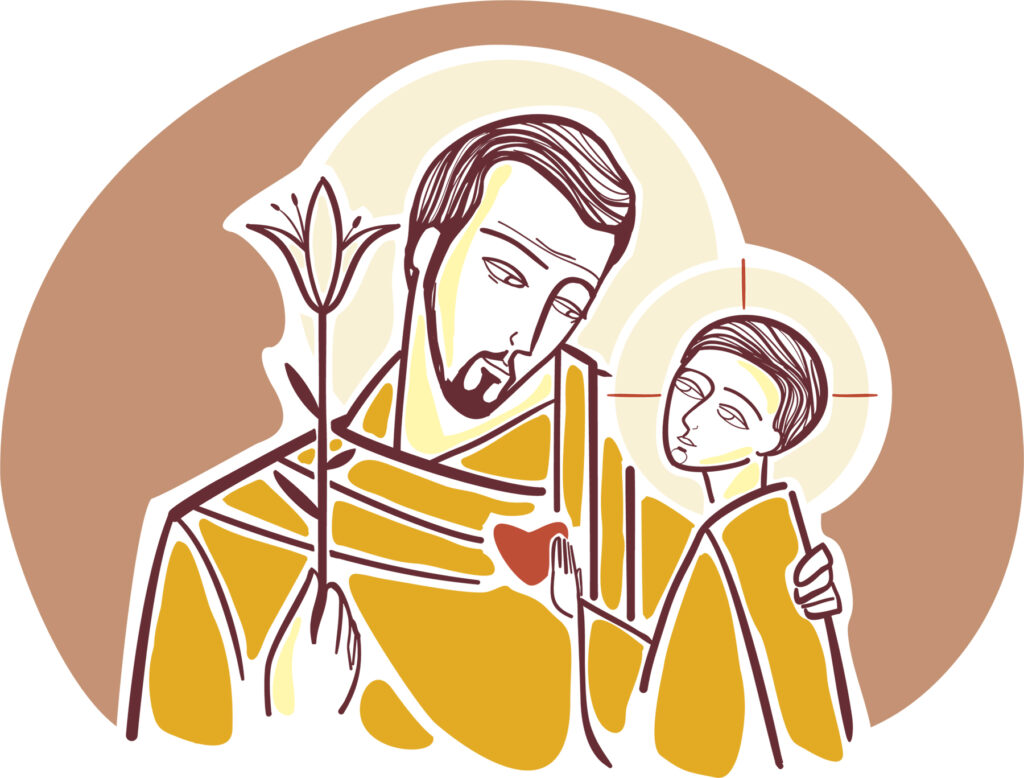
The gospels tell us little about Joseph. Some apocryphal stories say he was an older man, even in some cases a man in his 80s, who had six children from an earlier marriage, thus accounting for the reference to Jesus’s brothers and sisters without abandoning the idea that Mary was a perpetual virgin. I don’t see Joseph this way. I see him as a young man of typical marrying age for his time, maybe 18 at most to Mary’s 14 or 15. Two teenagers experiencing the miracle of the birth of life together, an event that must have filled them both with joy and awe.
Matthew’s Gospel tells a different version of Jesus’s birth in which Joseph plays a very significant role. It says that he is visited by angels on three occasions, more than anyone else in the gospels, including Jesus. In the first, an angel tells him that Mary is pregnant by the Holy Spirit and that he should accept her and name the child “Jesus.” The second angel appears sometime after Jesus’s birth and tells him to take his family to Egypt, and the third appears in Egypt, telling him that it is safe to return home.
There is no way to know which version is true, or whether they are each the invention of the gospel writer. But both suggest that Joseph had reason to believe his son was something special. If so, did that affect his role as a father? Did he allow Jesus to go off to the synagogue to read Scripture as was Jesus’s preference, or did he require him to remain in the carpentry shop until Jesus was old enough to make his own decisions? Or being only human, like myself, perhaps he just tried to be the best father he could be, having no idea what that would lead to and, if we are to believe the stories, not living long enough to find out.
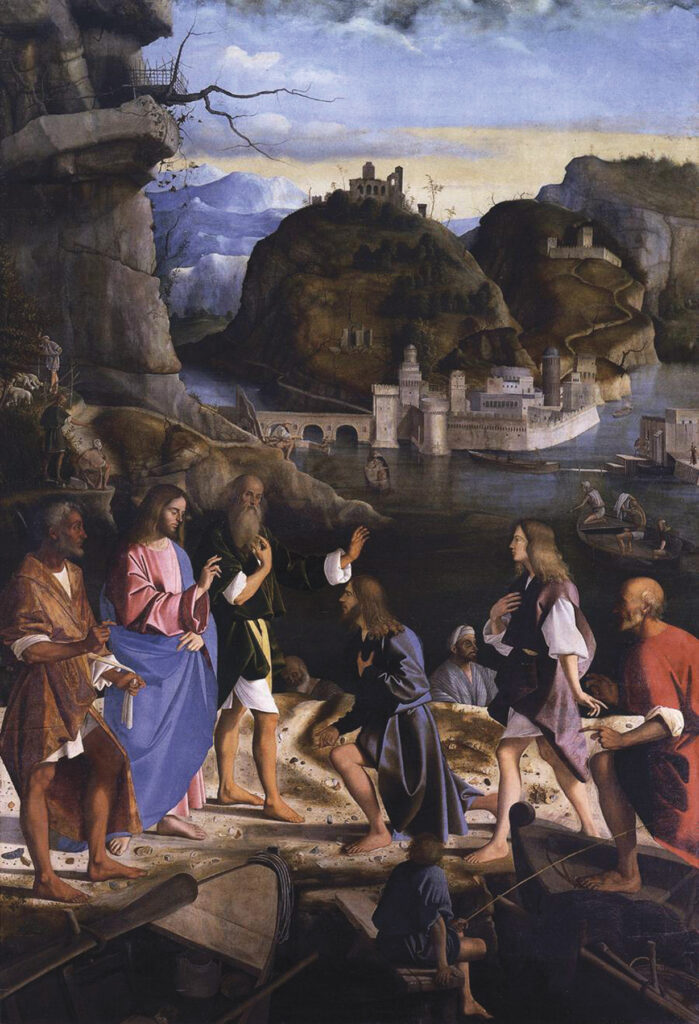
Joseph is not the only father who appears in the gospels, but he is one of only two mentioned by name. The other is Zebedee, father of the disciples James and John. Zebedee appears for a brief instant in Matthew 4:21, the scene where Jesus is walking along the Sea of Galilee and summons James and John to follow him, while they are in the boat with Zebedee mending their fishing nets. When I originally read this verse, my attention was drawn to James and John. I marveled that they could so easily walk away from their past lives. Did they know Jesus already, and did he know them? Were they disciples of John the Baptist and at the river when Jesus came to be baptized? Or were they among John’s followers when—as some stories say—Jesus stayed with John for a while thereafter? Or did they go simply because their friends Simon and Andrew were with him, and it looked like something more interesting to do than mending nets? Whatever the reason, their sudden departure is amazing and even more extraordinary if we assume they did not know Jesus at all but were simply drawn by the magnetic nature of his presence and his unusual and unexpected invitation.
But when I think of this incident now, in the context of my thoughts about Joseph, it’s the figure of Zebedee that draws my attention. How did he feel when both his sons jumped overboard and went off without asking permission or even saying a word of goodbye? Perhaps he shouted after them, “Come back! Where do you guys think you’re going; there’s work to be done!” Did he expect them to obey as good Jewish men brought up to honor father and mother should rightly have done? Or did he say, “Go with my blessing. Come back sometime and tell me what you find”? Did he harbor a twitch of envy, wishing he had the freedom to abandon his own life and follow Jesus himself? Did Joseph have similar conflicting feelings? Did he allow Jesus to leave the carpentry shop to go study in the synagogue because this was clearly his preference, or did he require him to stay until he was old enough to make his own decisions?
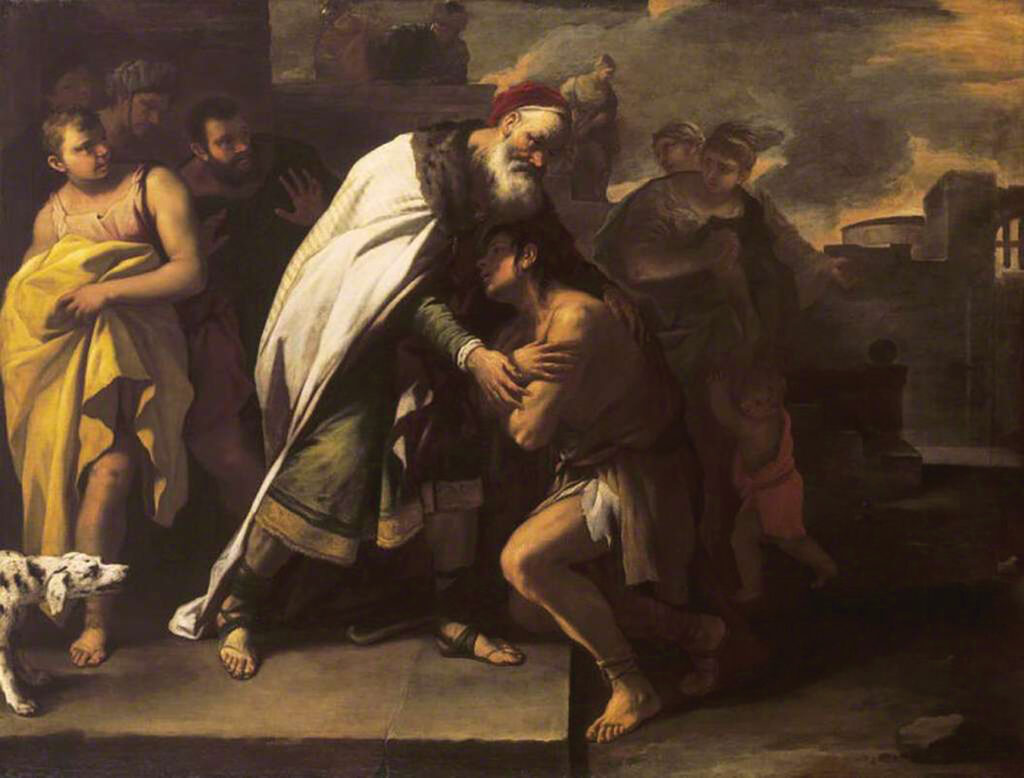
c. 1680–1685, by Luca Giordano. Uppark, the Fetherstonhaugh Collection (National Trust).
The answer to these questions and some insight into how both Joseph and Zebedee might have seen their relationship with their sons is suggested by a story about another father and his sons: the one called “the prodigal son” in Luke 15:11–32.
This story has interested me for a long time because I am the father of two sons whose personalities are similar to the two sons in this story. My older son is generally the more responsible one, as is the older son in the story. This does not mean he chose to stay home and help run the farm, so to speak; he’s gone off and had an adventurous life, more adventurous than my own. Nonetheless, he seems to be more grounded and responsible in his behavior. This is not to say that my younger son is irresponsible, for that would be inaccurate too. But he does seem to be more adventurous, more willing to take off on the spur of the moment to walk the Camino for a month or climb the mountain to Machu Picchu. He is definitely the one who would not hesitate to ask me for his share of my estate to go off and pursue his own interests.
While this story is labeled “the prodigal son,” it is really about the father and his relationship with his two sons. In response to his younger son’s request to receive his future inheritance so that he can go off and pursue his own interests, the father could have said, “No way, I need you here on the farm,” just as Zebedee might have told his sons to come back. As a compromise, he might have given him some money for a short vacation but not his entire inheritance with no strings attached. He essentially says, “Go with my blessing. Come back sometime, and tell me what you find.” In addition, he gives him the resources necessary to do that. If Jesus is telling this story to illustrate how a loving father should act, then we must also assume that both Joseph and Zebedee send their sons off with a smile and a blessing. And if that is the case, it would be natural for both men to greet their sons eagerly and joyously when they returned home, as the father in the parable does. In addition to giving his son a ring and a robe, I can imagine him saying, “Tell me all about your adventures. I want to hear everything.” While they are feasting on the fatted calf, the young man enthusiastically might have told his father a slightly censored version of his experiences. And when he later tells his own friends about them in more candid detail, I have no doubt they secretly would wish to have the same opportunity.
You are the bows from which your children as living arrows are sent
forth. . . .
Let your bending in the Archer’s hand be for gladness.
For even as He loves the arrow that flies, so he loves the bow that is stable.
—Kahlil Gibran
In his book The Prophet, Kahlil Gibran provides a wonderful description of the relationship between parents and children that is relevant to Joseph, Zebedee, and the father in the parable of the prodigal son. It begins with these words: “Your children are not your children. / They are the sons and daughters of Life’s longing for itself.” At the end, he uses the analogy of an archer to convey the notion of what it means to be a parent. In this analogy, the parent is the bow and the child is the arrow. The function of the bow is simply to launch the arrow. It does not determine the target, the path the arrow will follow, or whether it will go high and long or short and low. This is the responsibility of the archer who directs both arrow and bow.
You are the bows from which your children as living arrows are sent forth.
The archer sees the mark upon the path of the infinite, and He bends you with His might that His arrows may go swift and far.
Let your bending in the Archer’s hand be for gladness;
For even as He loves the arrow that flies, so he loves the bow that is stable.
Throughout the gospels, Jesus frequently refers to God as “father.” Some people believe that the story of the prodigal son is intended to illustrate what he means in using this term. From that perspective, the father represents God; the sons represent all of us; and the moral of the story is that God loves us, no matter what we do. If, however, the story is intended to tell us that God’s attitude toward us is illustrated by the father’s attitude toward his son, then it also tells us that God wants us to enjoy our lives and to follow our dreams: follow our own particular destinies. The father in the parable wants his younger son to enjoy his life on his own terms. Joseph and Zebedee want the same for their sons. All three fathers allow themselves to “bend in the archer’s hand [with] gladness.” They send their sons off with their blessing to pursue their own destinies.
And so, we must assume that in Jesus’s view, the gift of life comes with God’s blessing to go forth and enjoy our lives: to see what life has to offer, to explore, have adventures, and pursue our own particular destinies. With that blessing comes the resources to fulfill it: a beautiful earth on which to live, food and water, and friends and companions with whom to share our adventures. And I imagine God is just as eager to hear our stories when we return as were the three fathers.
It seems strange to me to have these thoughts now. My sons are in their mid-40s, both adults with lives of their own. These ideas would have been more relevant, and more helpful, when I was younger and trying to learn how to be a loving father. So why do I find them now? Perhaps it is to encourage me to consider how I’ve done: was I a good bow? Did I send them off with my blessing and with resources to help them pursue their own destinies; did I greet them eagerly and with unconditional love when they returned? I can easily see the places where I might have done better, but overall, I think it would be fair to say the answer to those questions is yes. However, that’s for them and not me to judge.
But perhaps this message isn’t for me at all. Perhaps I am just a messenger, enlisted to pass it along to my sons to help them understand what it means to be a loving father to their children, my grandchildren.
Be a good bow; bend in the archer’s hand with gladness. Remember that once you were the arrow and what it was like to fly.


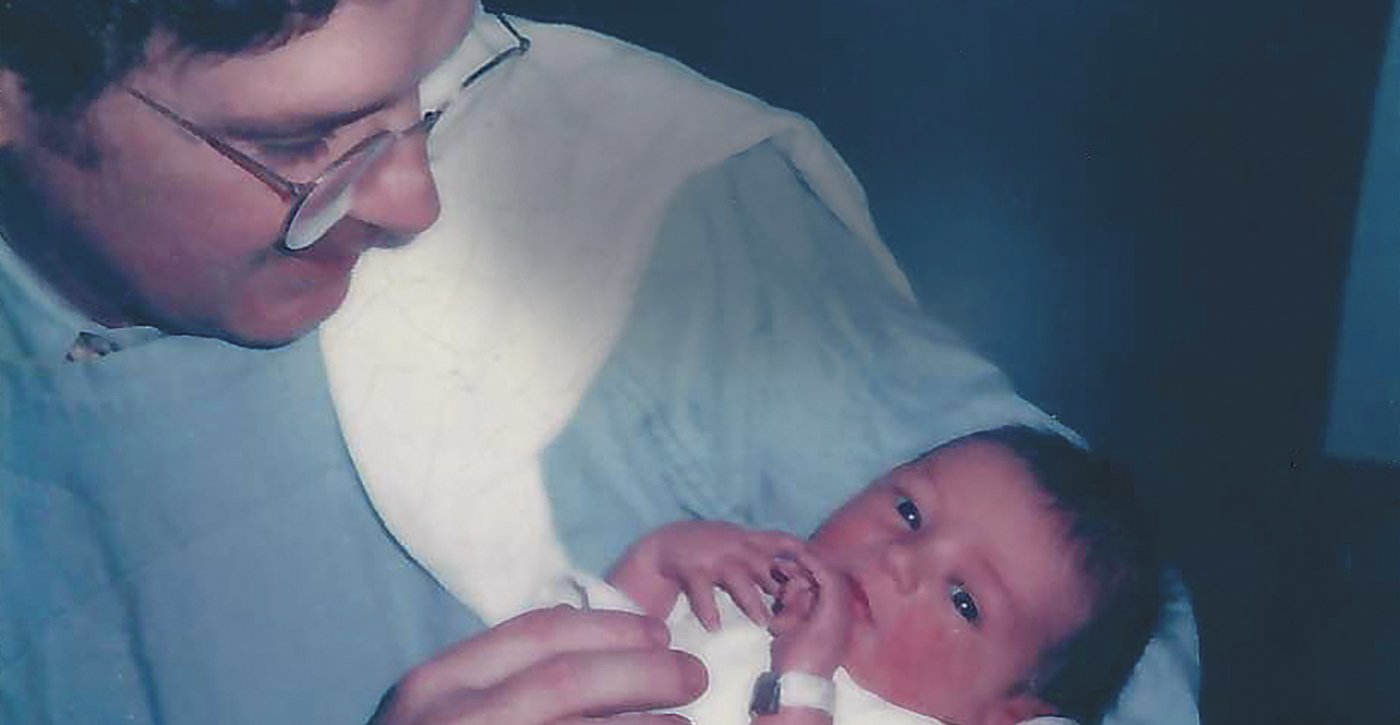
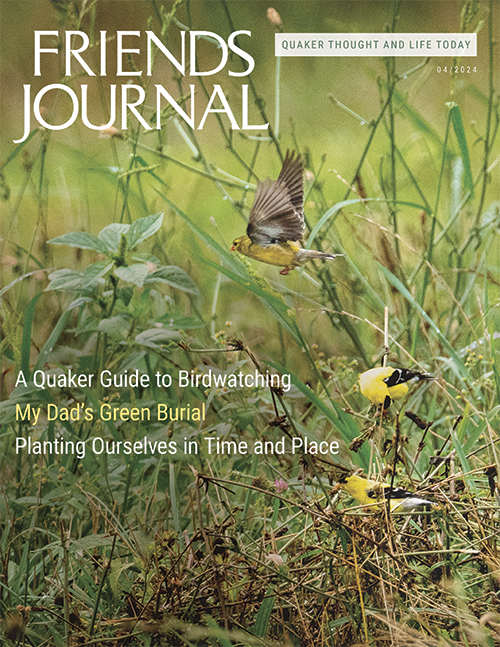
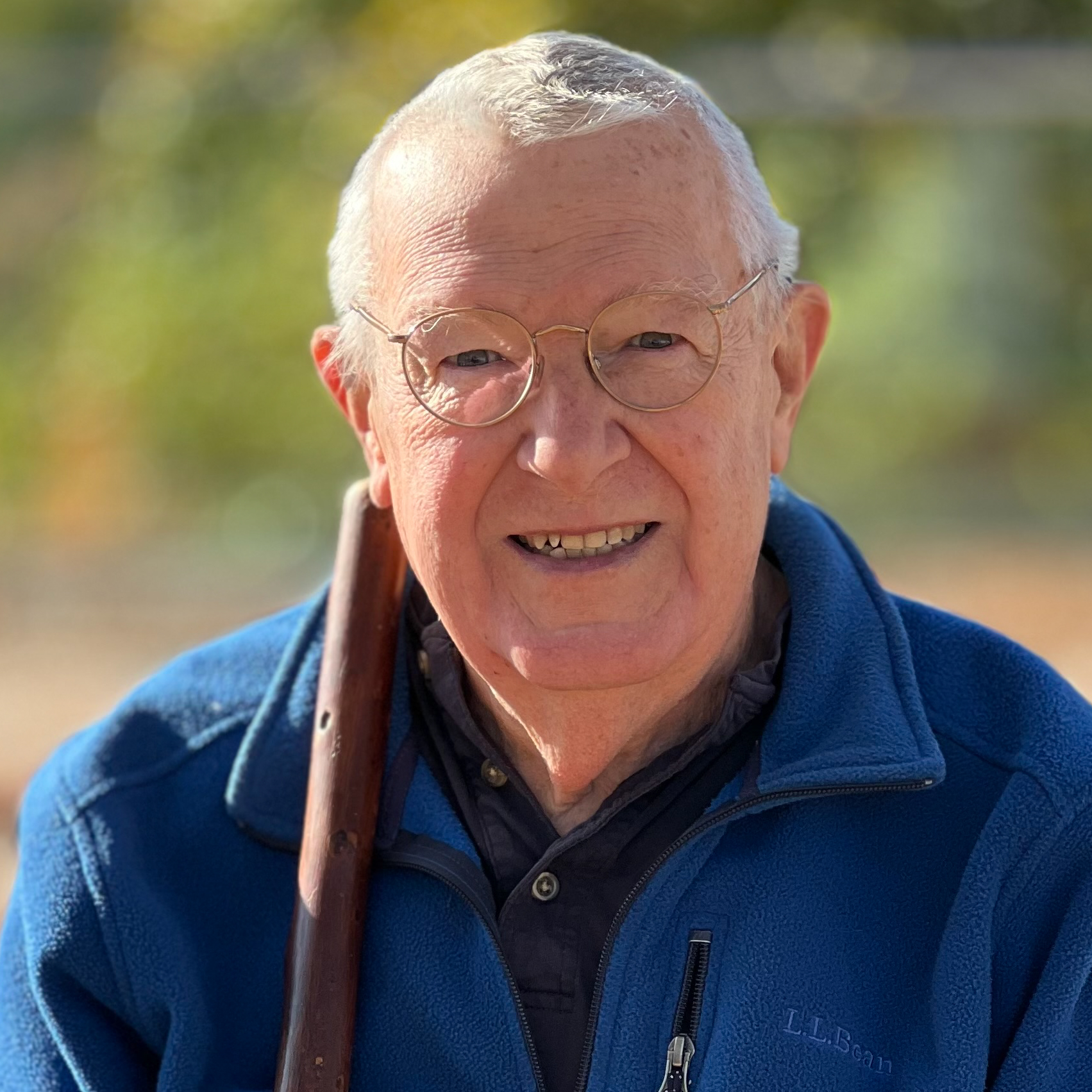
Very enriching thoughts full of wisdom. Feeling blessed.